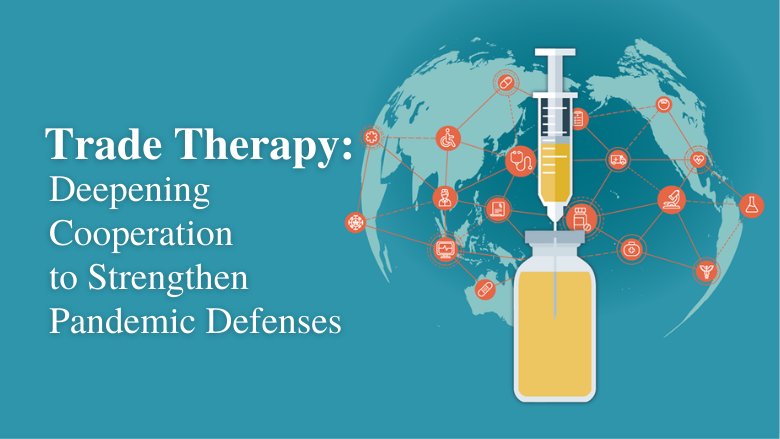Coordinators
Michele Ruta is Lead Economist in the Macroeconomics, Trade & Investment Global Practice of the World Bank. He had previous appointments at the International Monetary Fund, the World Trade Organization and the European University Institute, and holds a PhD in economics from Columbia University and an undergraduate degree from the University of Rome “La Sapienza”.
Nadia Rocha is a Senior Economist in the Macroeconomics, Trade and Investment Global Practice at the World Bank. Prior to joining the Bank she worked at the WTO and she also served as a Senior Advisor on trade to the Colombian Ministry of Trade. She holds a PhD in International Economics from the Graduate Institute of Geneva, and an MA in Economics from Pompeu Fabra University of Barcelona. Nadia’s work focuses on trade policy, regional integration, global value chains and trade and gender.
Joscelyn Magdeleine is an Economic Affairs Officer in the Trade in Services and Investment Division of the World Trade Organization. His sectoral responsibilities include health-related services and many business services. He is also responsible for the Services Integrated-Trade Intelligence Portal (I-TIP services) database and statistics issues in the division. Before joining the Trade in Services and Investment Division, he was responsible from 2003 to 2014 for trade in services statistics related issues in the Economic Research and Statistics Division of the WTO.
Marc Bacchetta is Chief of the Economic Modelling and Quantitative Analysis Section in the Economic Research and Statistics Division of the World Trade Organization. He joined the WTO in 1996. Between 2002 and 2004, he worked on trade related issues at the World Bank, on leave from the WTO. He holds a PhD from the University of Geneva where he taught economics for six years before joining the WTO.
